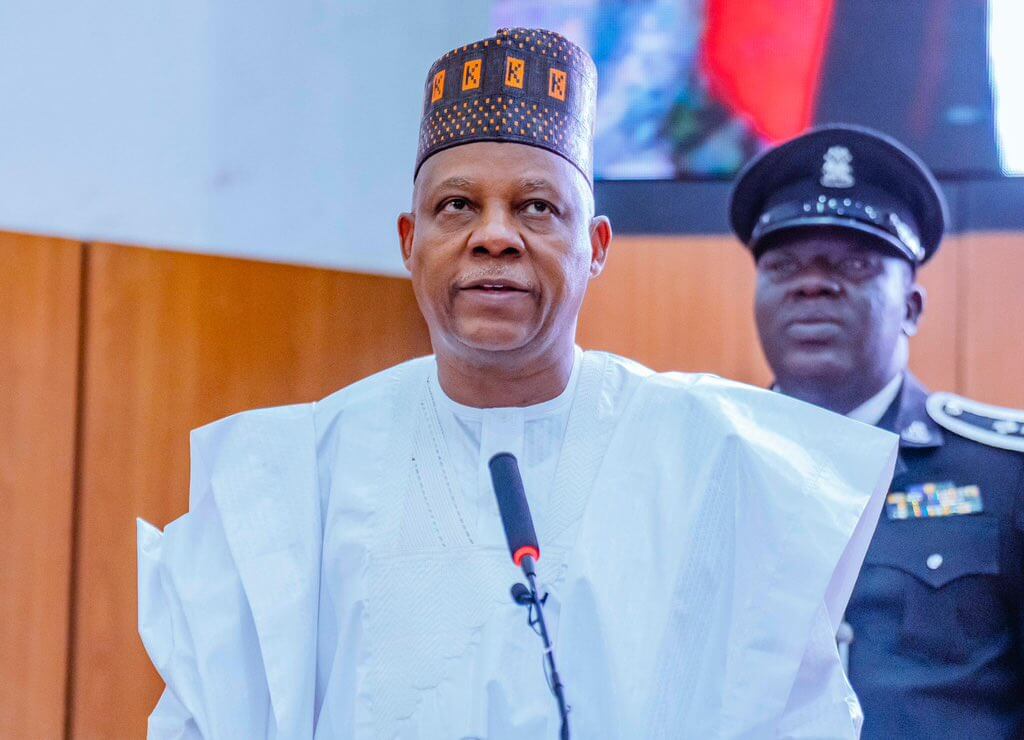In a move to ensure stakeholder alignment, the National Economic Council (NEC) has recommended that the federal government withdraw the recently proposed Tax Reform Bill from the National Assembly. NEC’s decision, led by Vice President Kashim Shettima, reflects concerns raised by key stakeholders, including regional leaders, over the bill’s potential economic impact, especially on Value Added Tax (VAT) distribution.
Push for a Decentralized Energy System
Amid ongoing power supply challenges, NEC also announced initiatives to decentralize the national power grid, aiming to improve stability and resilience. Vice President Shettima advocated for the establishment of mini-grids and increased use of renewable energy sources, including solar power and wind turbines, particularly for regions heavily impacted by recent blackouts. He emphasized that implementing the Nigeria Energy Sector Implementation Plan (NESIP) could allow states greater autonomy to manage and stabilize power in their areas.
Shettima highlighted the strategic importance of leveraging diverse energy sources, stating, “We must harness regional energy strengths, from northern Nigeria’s solar resources to southern gas reserves, to create a stable and inclusive energy system.”
Broadening Revenue through Tax Reforms
In discussions surrounding the tax reforms, Shettima emphasized that President Tinubu’s initiatives aim to diversify Nigeria’s revenue base, thereby reducing the economy’s dependence on any single sector. However, he acknowledged that the VAT distribution model, a key component of the bill, has sparked regional concerns and needs further review to ensure equitable state funding.
Prioritizing Human Capital Development
The NEC meeting also underscored the need to address Nigeria’s low ranking on the Human Capital Index, pointing to critical issues such as life expectancy, maternal and child mortality, and education. Shettima called for a concerted effort across various sectors, backed by government and development partners, to improve Nigeria’s standing and overall human development metrics.
NEC’s recommendations reflect an integrated approach to refining Nigeria’s fiscal policies, stabilizing the energy sector, and enhancing human capital investment to drive sustainable economic growth across the country.
